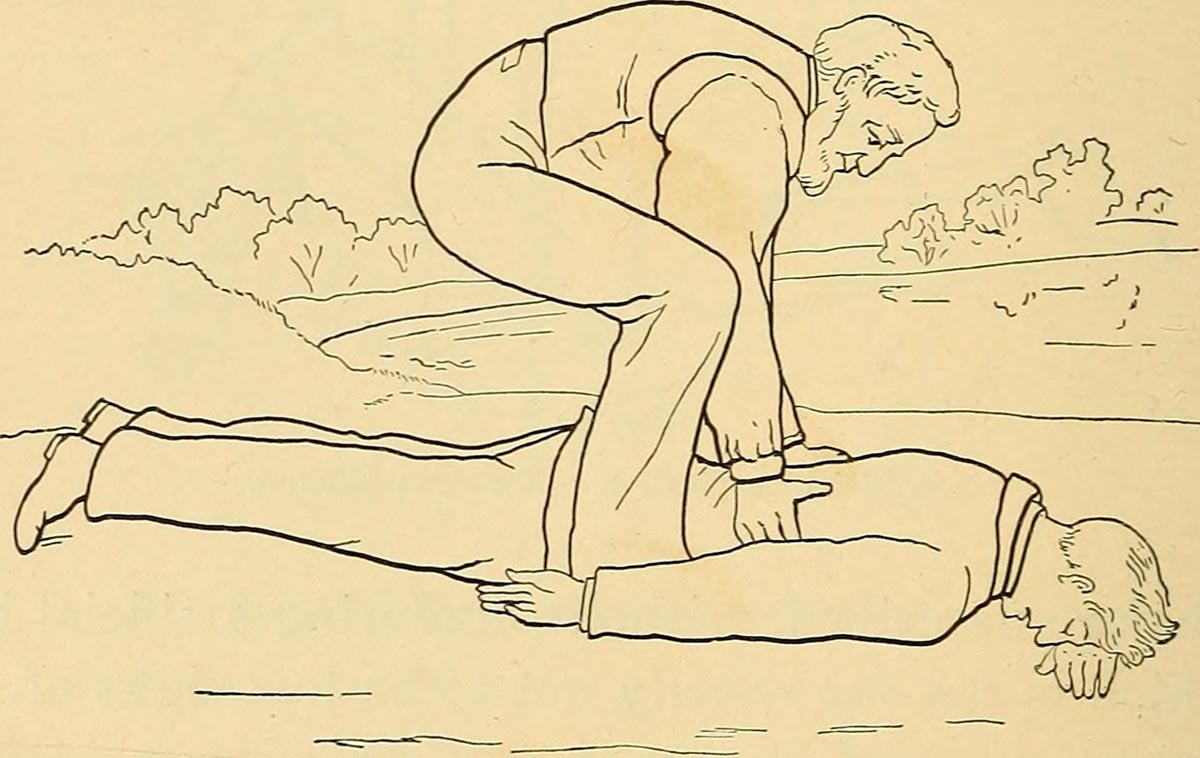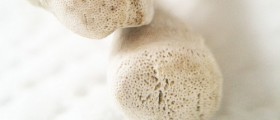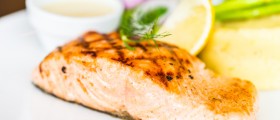
Muscle cramps are always very unpleasant and it is important to learn how to relieve them quickly and efficiently.
About muscle cramps
Muscle cramps usually affect a muscle or a muscle group that is frequently used. The most common muscle to be affected by cramps is calf. Cramps can occur for a number of reason, for example if a muscle has been exposed to too much strain, as it happens to athletes. Muscle injuries also cause them, and dehydration and electrolyte imbalance are other major causes of cramps.
Muscle cramps often occur at night. In that case, it is safe to assume that the imbalance of potassium and magnesium is causing them.
Cramps, which are basically involuntary muscle contractions, are usually sudden and intense, and they rarely last for more than several minutes. However, the pain can be severe and it is recommended to try and stop the muscle from contracting.
Instant relief for muscle cramps
In most cases muscle cramps affect the calf, and fortunately there is a great and effective way to relieve them. When the calf starts cramping, the leg should be distended, preferably on the bed, with toes facing upwards. The toes should be gently pulled back with the hand, so the leg and the foot make a straight angle. The toes should be pulled back as much as possible, until the cramp subsides, which should happen within seconds.
This method may sound strange or even harsh because the cramp involves so much pain, but the fact it provides instant relief makes it the best possible treatment for cramps. It can be used on any muscle of the body. The point is to stretch the muscle so it stops contracting.
After the cramp is gone, it is recommended to alternate hot and cold compresses every 20 minutes or so. The muscle can be additionally relaxed by alternating contraction and stretching exercises, which releases lactic acid.
Since muscle cramps are often caused by electrolyte imbalance, it is recommended to make sure to stay hydrated and to increase the intake of potassium, calcium and magnesium. Calcium is found in dairy products, seeds, nuts, and green leafy vegetables. Sources of potassium include bananas and oranges, and magnesium is found in dark green vegetables, seeds, nuts and dark chocolate.
Sport drinks, like Gatorade, are not called “sport drinks” for nothing. They actually contain minerals that need to be replenished after exercise in order to prevent electrolyte imbalance and consequently cramps too.

















Your thoughts on this
Loading...